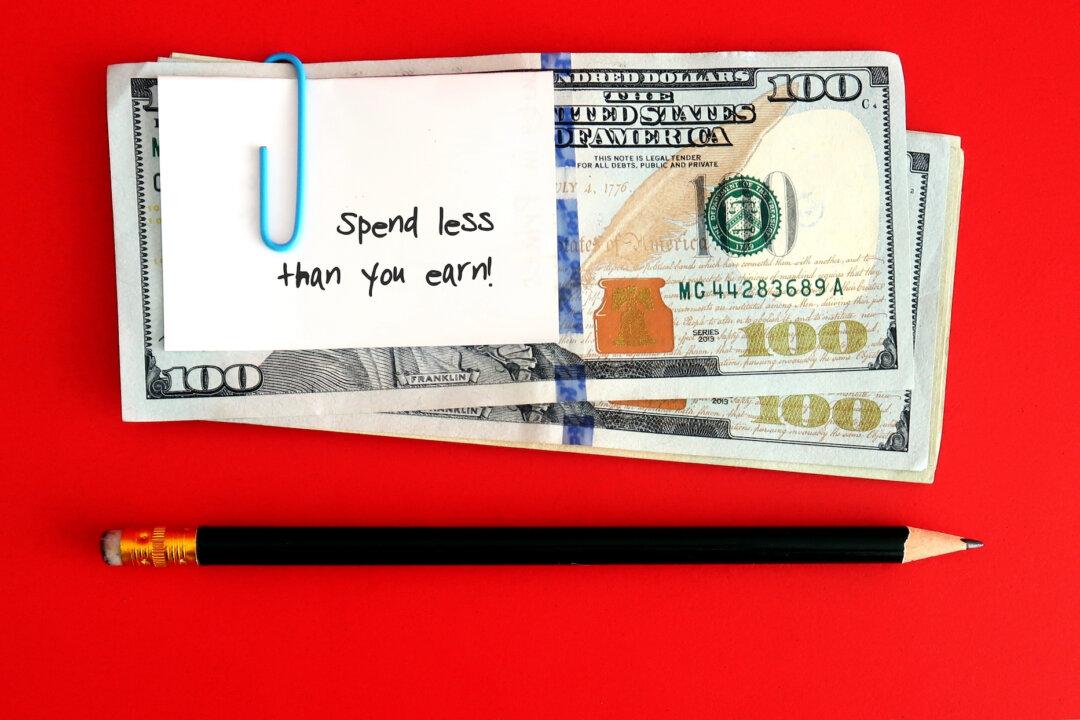I wouldn’t call it a radical new idea, although a social media channel declared recently that living below your means is the hot new trend!
It is a simple concept—spend less than you earn. Still, living below your means is seen by many as a life sentence, not the lifesaver that it is. It can take a crisis such as unemployment, runaway inflation, or a sudden illness to reveal to some people just how far in over their heads they really are. That’s when a lifesaver can look mighty good.





